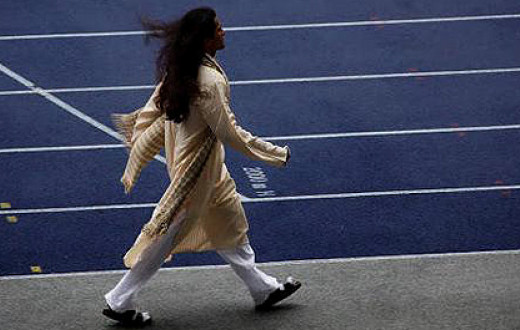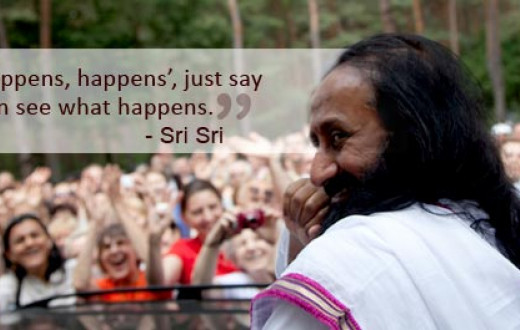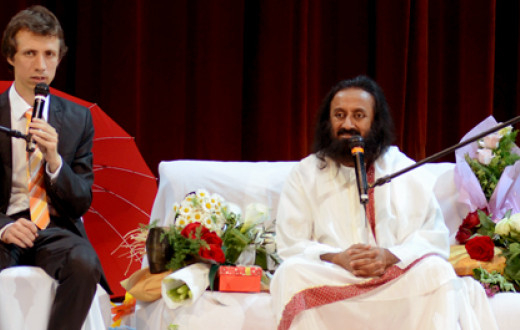Nekalbėk žmogui apie kliadą, kurią jis žino padaręs. Kokia nauda baksnoti į tai, ką žmogus mato? Taip elgdamasis tik priversi jį jaustis kaltesnį, pulti gintis ar įsižeisti, tai tik sukurs didesnį atstumą. Nerodyk žmogui į klaidą ir tuo atveju, jeigu jis suvokia šią padaręs, bet nenori, kad tu apie tai žinotum. Dažnai žmonės žino savo klaidas, bet nenori, kad į jas kiti baksnotų.
Nurodyti žmogui klaidą derėtų tik tada, kai jis jos nesuvokia, o norėtų suvokti.
Pagalvok apie savo komentarų naudą. Prieš atskleisdamas žmogui jo klaidą pasverk, ar tavo pastabos padės pagerinti situaciją, puoselėti meilę, kurti harmoniją. Kilniaširdis žmogus nepabrėžia kitų asmenų klaidų ir neverčia jų jaustis kaltais. Užuot šitaip elgęsis, jis ne žodžiais, bet savo požiūriu - atjausdamas ir rūpindamasis - taiso kitų klaidas.
Do not tell a person a mistake he knows. What's the use of pointing out a mistake that he knows he has committed? By doing this, you will only make them feel more guilty, defensive or resentful and this will only create more distance. You should only point out the mistake of a person who does not know, but who wants to know. Do not point out the mistake of a person who knows but doesn't want you to know. Often people know the mistakes that they have committed, but they do not want you to tell them. Think of the usefulness of your comments. Before pointing out the mistake of a person, see whether your comments in any way will help to improve the situation, foster love or bring harmony. A magnanimous person would not pick on the mistakes of others and make them feel guilty. However, they would correct them with compassion and care, not through words but through attitudes.






















